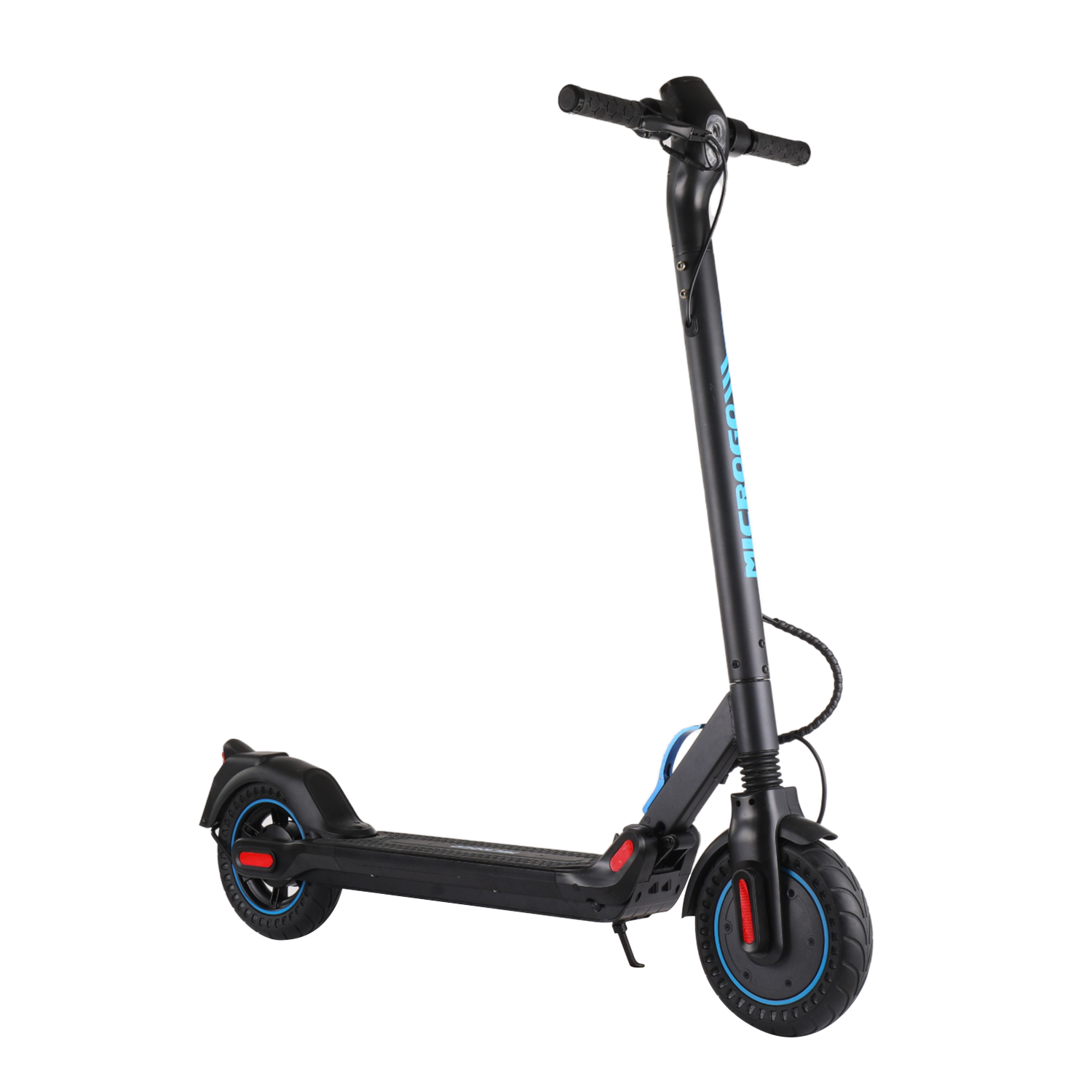Blog Information
- Posted By : Luna Chadwick
- Posted On : Oct 28, 2023
- Views : 207
- Category : Travel
- Description : Easing Traffic Congestion with Electric Scooters: An Innovative Solution
Overview
- Electric ScooterPass by don't miss, take a look may be differentelectric scooter.
With the increasing number of vehicles on the roads, traffic congestion has become a major problem in cities around the world. This issue not only leads to frustration among commuters but also has severe environmental and economic consequences. However, there is a promising solution that is gaining popularity - electric scooters.

The Rise of Electric Scooters
Electric scooters have emerged as a convenient and eco-friendly mode of transportation in recent years. These compact vehicles are powered by electricity and offer a viable alternative to traditional gasoline-powered vehicles. They are lightweight, easy to maneuver, and can navigate through congested areas with ease.
One of the key advantages of electric scooters is their ability to reduce traffic congestion. By using electric scooters for short-distance travel, commuters can avoid adding to the already congested roads. This not only saves time but also reduces the overall traffic volume, making the roads less crowded for other vehicles.
Benefits of Electric Scooters in Easing Traffic Congestion
Electric scooters offer several benefits that contribute to easing traffic congestion:
1. Flexibility and Accessibility
Electric scooters are highly flexible and accessible. They can be easily parked and do not require designated parking spaces like cars. This means that commuters can conveniently park their electric scooters near their destinations, eliminating the need to search for parking spots. This reduces the time spent looking for parking and minimizes traffic congestion caused by vehicles circling around in search of parking spaces.
2. Efficient Use of Road Space
Electric scooters take up significantly less space on the road compared to cars or motorcycles. They can easily navigate through narrow lanes and congested areas, allowing for efficient use of road space. By utilizing the available road space more effectively, electric scooters help in reducing traffic congestion and improving overall traffic flow.
3. Reduced Emissions
As electric scooters run on electricity, they produce zero emissions during operation. This is in stark contrast to gasoline-powered vehicles that contribute to air pollution and greenhouse gas emissions. By encouraging the use of electric scooters, cities can significantly reduce the environmental impact of transportation and improve air quality, leading to a healthier and more sustainable urban environment.
4. Last-Mile Connectivity
Electric scooters are particularly useful for covering short distances, often referred to as the "last mile" of a commute. Many commuters rely on public transportation for most of their journey but face challenges in reaching their final destinations. Electric scooters provide a convenient solution for this last-mile connectivity, reducing the reliance on private cars or taxis. This not only reduces traffic congestion but also promotes a more efficient and integrated transportation system.
Conclusion
Easing traffic congestion is a pressing issue in today's urban environments. Electric scooters offer an innovative solution that can significantly contribute to alleviating this problem. With their flexibility, efficient use of road space, reduced emissions, and last-mile connectivity, electric scooters provide a sustainable and convenient alternative to traditional vehicles. By embracing this innovative mode of transportation, cities can create a more efficient and less congested urban landscape.
References:
1. Example 1
2. Example 2
3. Example 3
References
